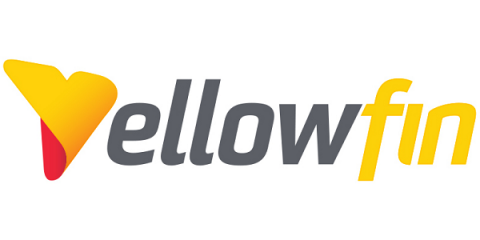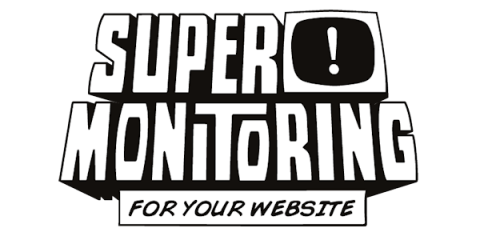Systems | Development | Analytics | API | Testing
%term
Supreme Software and Expert's Choice - the FinancesOnline Awards for Yellowfin analytics
Awards are great. They’re a little piece of recognition for all the work you’ve put into something. Whether it’s a big name attached to the award, like Gartner or BARC, or a lesser-known name, every award says something about the business given it. And Yellowfin was just awarded three by FinancesOnline - the Supreme Software award, Expert’s Choice award, and the Great User Experience certificate. So what do they say about this organization?
Multilingual Web Design - How Not to Get Lost in Translation
Most designers have learned, often the hard way, that language differences can wreak havoc on their web designs. Leaving aside the issue of languages that go right to left instead of left to right, or down rather than across, there’s the big issue of variable word lengths. How do you accommodate this variability when designing web pages? The translation services company I founded, Tomedes, supports more than 1,000 language pairs, so we have some experience to share.
25 Tips for Properly Setting Up Google Analytics On Your Website
Microservices: An Enterprise Software Sea Change
As some of you already know, I have been following the shift towards microservices adoption for a while now. For the longest time, when the industry thought of the transition to microservices, they thought of smaller companies leading the charge. However, I’ve seen large enterprises get value from microservices as well and saw this trickle-in starting in 2016, which is why I am excited to learn this now has achieved mainstream adoption.
Is IT suffocating your organization? Here's how to get your contextual data pipelines right
In a modern organization, the dependency on constant data flow doesn’t skip a single role -- already encompassing every function in R&D, Sales, Marketing, BI, and Product. Essentially every position is going through a fusion process with data-science. “Data is the new oil.” “Everyone needs data.” You’ve probably run into these and similar expressions more than once. The reason you hear them so often is that they are true.
Monitoring systems of engagement: riding the waves into the future of software
If you’re building software, it is very likely that you are familiar with Conway’s Law. It is the single most important rule for software development. Employing this law will facilitate your success. Failing to abide by it, on the other hand, will guarantee your failure. I’ve witnessed this first hand in many places throughout my career, among them command and control services, Big Data processing systems, and even security components embedded into the very cars you are now driving.
Talend's Next Chapter
Today we open a new chapter at Talend, in which we begin our journey from a $250M company to a $1 billion cloud market leader. Over the last six years, I've been honored to help build and lead the team that brought Talend from a $50M startup, through its IPO in 2016 to become a quarter-billion-dollar company. Together, we built one of the fastest-growing cloud businesses in the world.
How Scania is Driving Logistical Efficiency and Sustainability with Big Data
Organizations in the transportation and manufacturing industries are applying Industrial IoT concepts and technology to transform product development, supply chains, and manufacturing operations. Scania is driving logistical efficiency and sustainability with big data. Scania is a world-leading provider of transport solutions and is leading the shift towards sustainable transport systems. In 2018 it delivered 88,000 trucks, 8,500 buses as well as 12,800 industrial and marine engines to customers.
The wild days of software have come to an end
It was easy to start a software company 15 years ago. There was a huge transformation from desktop to the cloud and that created an opportunity for any vendor to establish their place at the table offering cloud-based software. But it’s now more difficult to create new products that are significant and compete because we have mega-vendors in the cloud. The days of being able to bring a really significant product to market are over.










